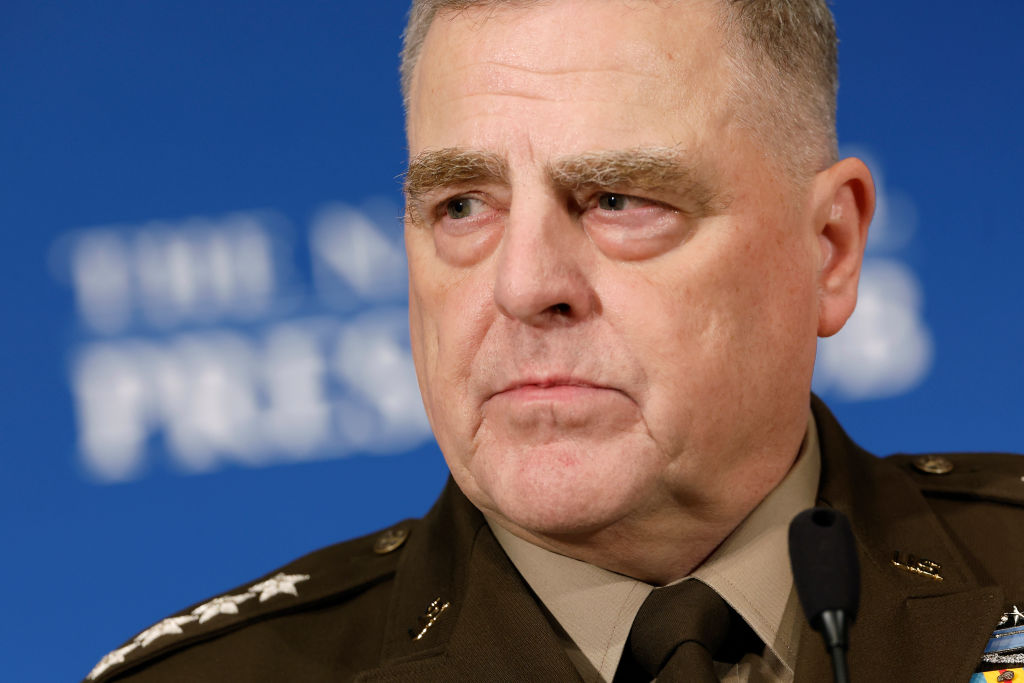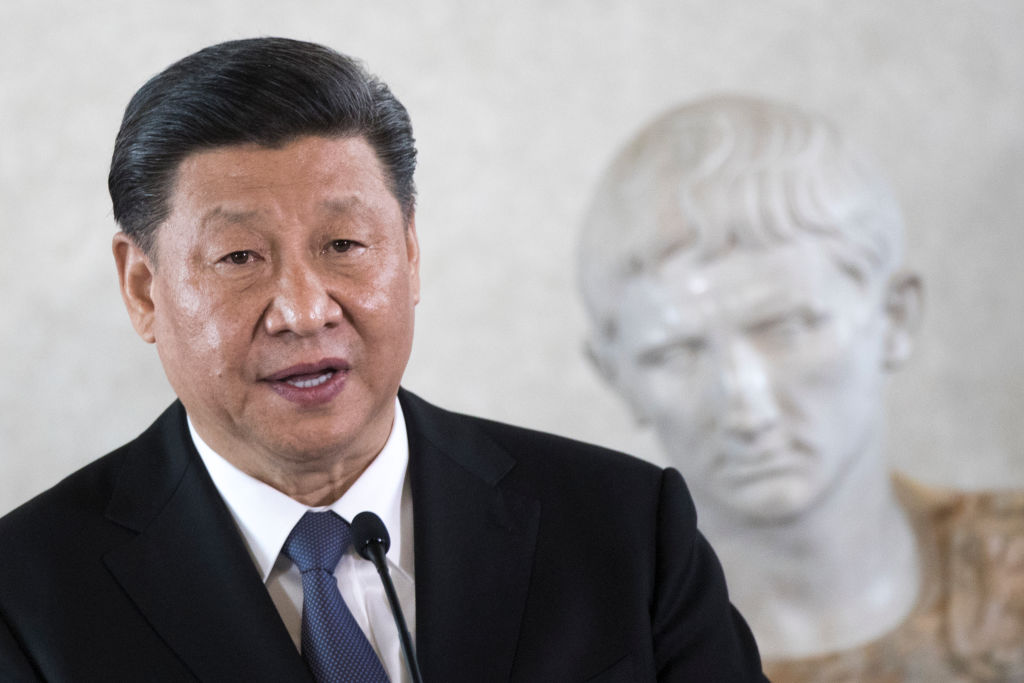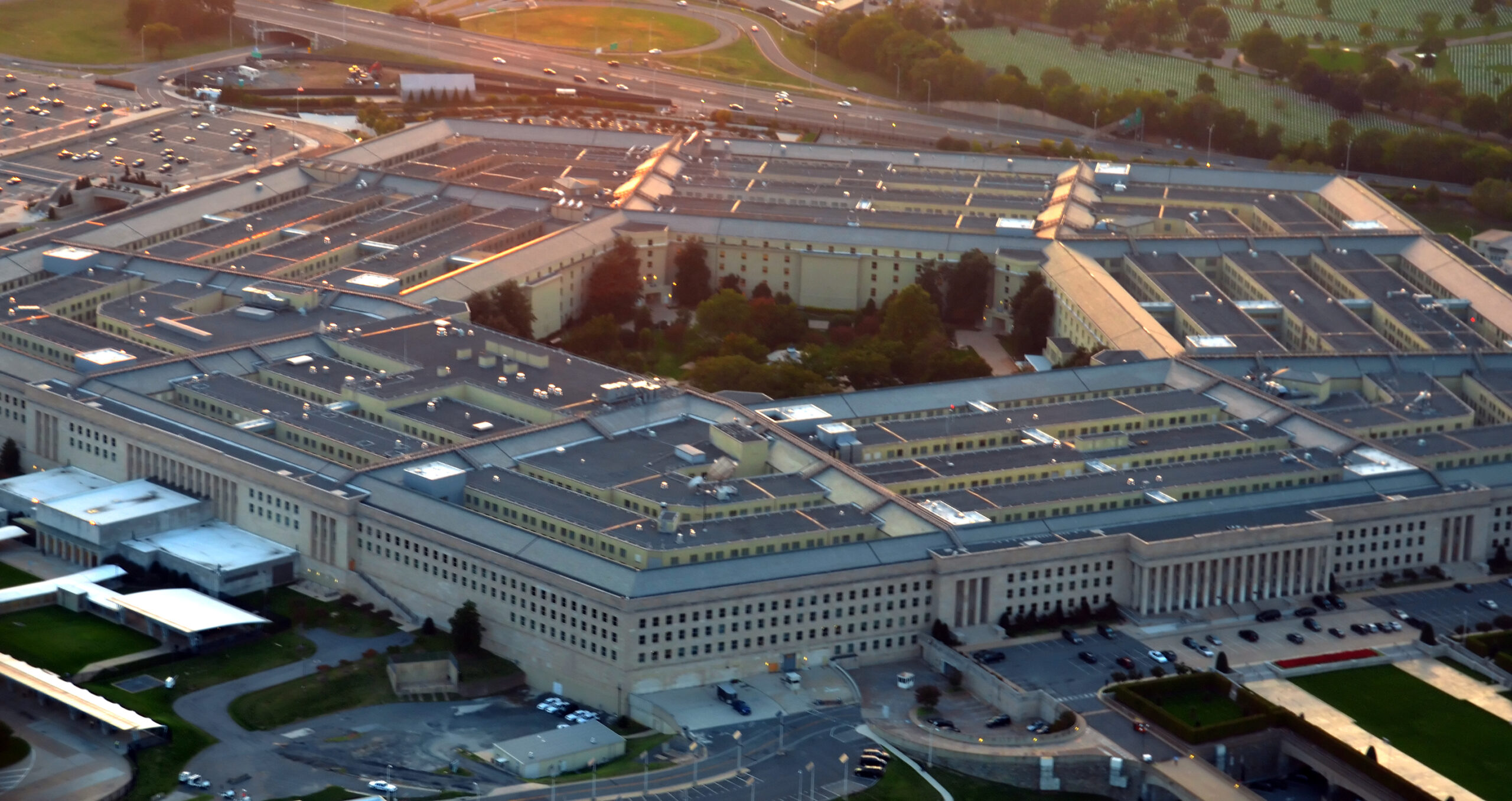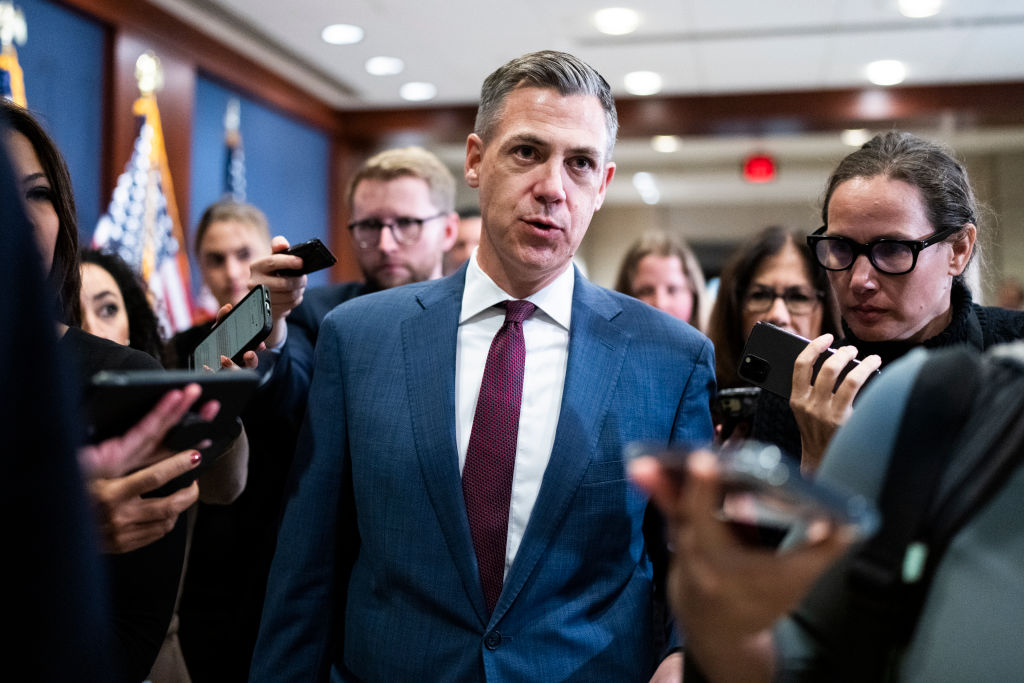Let’s be honest about Mark Milley’s legacy.
The Reply of the Ukrainian Bureaucrats
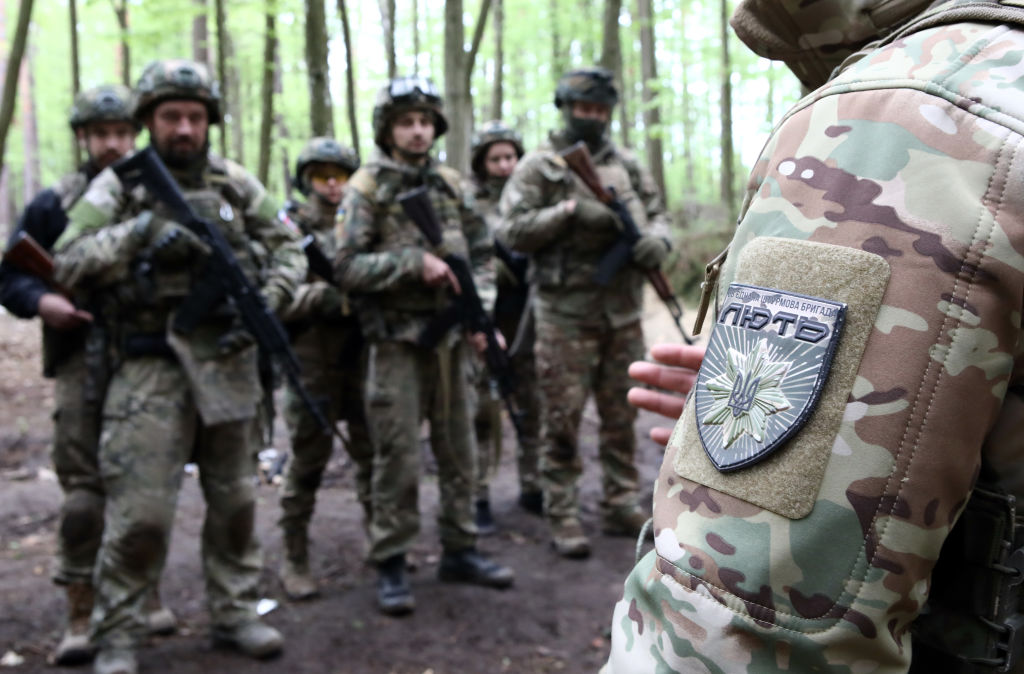
Kiev is desperate for the West to come to its rescue.
Since Congress passed the $17 billion defense package for Israel—and $9 billion for the Palestinians—and $61 billion for Ukraine (not to mention another $8 billion for Taiwan), we have to ask ourselves what we are trying to achieve in both cases. Ukraine can’t win against Russia and isn’t willing to do what’s necessary to win. On the other hand, Israel is willing and able to deliver a victory in the Middle East by destroying Hamas—if the United States will only let it.
The successful interception by Israel and its allies of 99 percent of the missiles, drones, and rockets launched by the Islamic Republic of Iran impressed foreign observers. In particular, Ukraine’s President Zelensky commented on Operation Iron Shield, as it became known,
Israel is not a NATO member, so no action, such as triggering Article 5, was required. And no one was dragged into the war. They simply contributed to the protection of human life. ‘Shaheds’ in the skies above Ukraine sound identical to those over the Middle East. The impact of ballistic missiles, if they are not intercepted, is the same everywhere.
European skies could have received the same level of protection long ago if Ukraine had received similar full support from its partners in intercepting drones and missiles. Terror must be defeated completely and everywhere, not more in some places and less in others.
When the Ukrainian president talks of “European skies,” he means, of course, Ukrainian skies—the country that’s not a member of the European Union or NATO and which many of its supporters across the Atlantic couldn’t find on a map before Russia’s attack. But he’s right about the “Shahed” drones that were part of the Islamic Republic’s offense. They have been effectively used by Russia, particularly to damage the Ukrainian energy infrastructure. As Iron Shield showed, Shaheds, not unlike the rest of the Islamic Republic’s projectiles, are not invincible.
Russia purchased the Shaheds a year after the the war’s start. Before that, Russia surprised military analysts with its relative reliance on artillery. And yet Ukraine’s demand from the West on the very outset of the invasion was to “close the skies.” They asked for it again and again, but the response was always a No.
In the absence of a pre-existing agreement, the only country able to enforce a no-fly zone over Ukraine would be Russia. The United States and its allies are not going to risk a direct confrontation with a major nuclear power over a handful of villages in the Donbas that were already depopulating for decades.
Russia’s interest in Ukraine is a different story. Vladimir Putin is not alone in considering his neighbor part of the cradle of Russian civilization. He caused much confusion when, during his interview with the former Fox News host Tucker Carlson, he went on a lengthy exegesis about Saint Prince Vladimir, the Periaslav Agreement, and other recondite details. But Russian nationalists ate it up.
The majority of Russians have friends and relatives in Ukraine and similarities in mentality are formidable. Both countries are, at least nominally, Orthodox Christian and share the history of being the Soviet heartland—with all attendant horrors.
Then there is the matter of geopolitics. Russia likes its strategic depth: twice in the twentieth century foreign invaders had to cross Ukraine to penetrate the Eastern European hegemon. Because of its relative geographic isolation, Russia’s vital interest is to secure access to the warm water ports on the Black Sea. The southeast Ukrainian regions are rich in natural resources, which ties well into Russia’s export economy.
Did Ukraine drive such a hard bargain with its demands of a no-fly zone in order to settle on donated equipment and loan guarantees? Or is there something in the Ukrainian psyche that pushes them to believe that a greater power would jump to its defense?
Reply of the Zaporozhian Cossacks, the late nineteenth century painting by the Russian artist Ilya Repin, illustrates a historical anecdote about the fighter nation Ukrainians consider their ancestors. In 1676, the Cossacks received a letter from the Ottoman Sultan Mehmed demanding submission. At the time they had defeated the Ottomans in battle and were already backed by Russia. Repin’s work, which shows the merry warriors drunkenly roaring with laughter drafting the profanity-laden response, is considered one of his best.
Ukrainians treasure this iconic episode and self-consciously model themselves on the rowdy Cossacks. Ukrainian nationalists postulate that they are descended from free spirits, whereas Russians are natural slaves. To illustrate their Cossack prowess, soccer hooligans, for instance, chanted obscenities about Putin prior to the invasion—poking the bear in the eye, as observers frequently noted. It’s a curious social phenomenon, but when Russia finally attacked, Ukrainians weren’t ready. Their cousins to the east were able to capture and hold strategic territory between the Crimean peninsula and the Sea of Azov and are now poised to go on an offensive. The much-anticipated counteroffensive last summer ended up a bloody failure, and Ukrainian men are still getting their limbs blown off in the trenches.
Contrast this to Israel, where even hawkish leaders work hard on a diplomatic level to avoid military confrontation. At the same time, the Jewish state spent decades perfecting its air defenses and training its military for antiterrorist operations. Even as anti-Zionists in the American establishment try to decouple the U.S. from Israel, as they’ve been trying to do since the Obama Administration, they find that American security infrastructure in the Middle East is tied to the Jewish state.
Golda Meir once said, “We Jews have a secret weapon in our struggle with the Arabs; we have no place to go.” And so, in the aftermath of the attack on southern Israel last October, young men and women are enlisting for combat missions in record numbers. That’s in the country where military service is already a way of life and a major milestone for young adults.
A recent poll of Ukrainians revealed that while 61.2 percent want to fight to restore their country to its 1991 borders, 77.6 percent disapprove of the draft, believing that fighting should be left to professionals. Nevertheless, the Ukrainian Rada passed a law lowering the draft age from 27 to 25—the age of retirement for most soldiers around the world. It might come as a surprise to enthusiastic Westerners but most Ukrainians are not eager to die in battle.
As one Ukrainian woman who recently visited Israel quipped, “Ukrainians are like kids, waiting for someone to save us. Israelis are more like adults, working together.” There is a good reason why Israel’s allies came to its help when Iran attacked—and it’s not because Israelis are the darlings of the world. It’s because they seek peace while preparing for war. Ukrainians, though they fight bravely when they can’t ditch the draft, are mostly writing ribald letters to the sultan.
The American Mind presents a range of perspectives. Views are writers’ own and do not necessarily represent those of The Claremont Institute.
The American Mind is a publication of the Claremont Institute, a non-profit 501(c)(3) organization, dedicated to restoring the principles of the American Founding to their rightful, preeminent authority in our national life. Interested in supporting our work? Gifts to the Claremont Institute are tax-deductible.
Taiwan, Xi Jinping, and America’s year of danger
The Biden Administration would like to end the tradition of generational military service.
A recent publicity photo from the Navy tells us more than we wanted to know about military readiness.
Restoring pride in the military will require a massive effort.
The latest National Defense Authorization Act is a step in the right direction.

